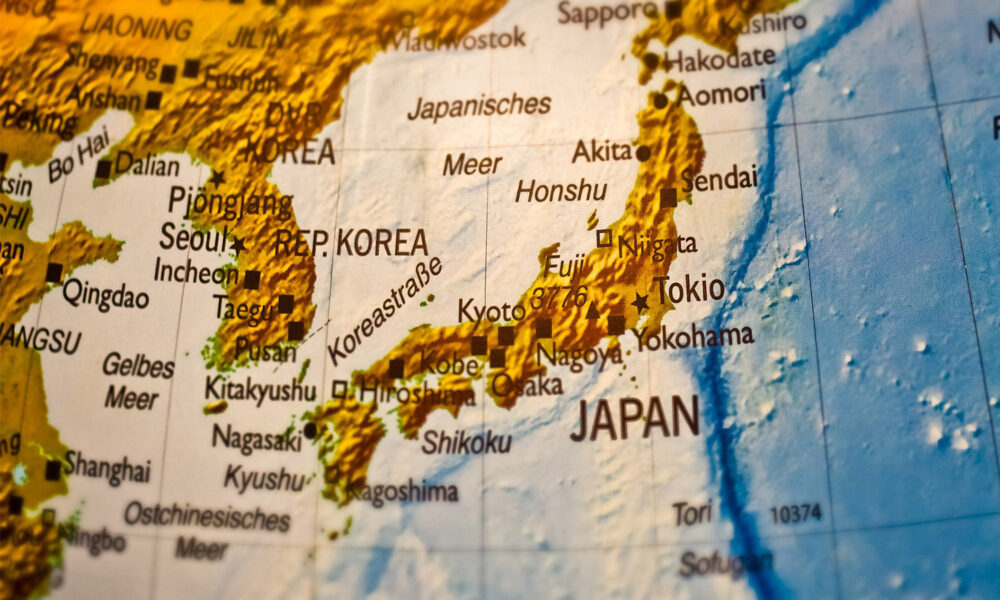Foreign policy is not a priority for most Americans. Health care and climate change are more important. This may be why progressives discuss specific policies like Medicare for All and the Green New Deal but speak in far less detail about how they would reform the way the United States relates to the world.
Lack of detail suggests lack of thought. That could be a problem if progressives were to direct U.S. foreign policy. There is not a large stable of progressive foreign policy experts they could draw upon to fill key positions at the Department of State and the Department of Defense. Without clear guidance on how to reform U.S. foreign policy, the status quo will reassert itself.
The fate of nuclear arms control during the Obama administration is instructive. President Obama started out in Prague with a “commitment to seek the peace and security of a world without nuclear weapons.” He ended up in Hiroshima with nothing more to offer than the short-lived New START treaty he won from the Senate by agreeing to a trillion-dollar upgrade of the US nuclear arsenal.
Reasserting the status quo in Northeast Asia would be even less progressive. Obama’s “pivot to Asia” was an updated version of Eisenhower-era containment, complete with promises to re-deploy tactical nuclear weapons in the region. His administration pushed a diplomacy that divided China from its neighbors and highlighted military posturing. It left North Korea and Taiwan to fester, increasing the risk these two perennial hotspots could ignite a war.
Policies Guided by Principles
Progressives may not have specific policies but they do have general principles. They have faith in diplomacy and doubts about military power. They value democracy abroad as well as at home. They seek to influence international affairs without expecting to control them. They respect international law and support international organizations.
When you apply these general principles to the most acute problems in Northeast Asia specific progressive policy options become easier to imagine.
Communist Chinese and North Korean leaders have never responded as anticipated to US military pressure. Instead of perpetuating the endless U.S. discussion of supposed malign intentions and imminent threats, a progressive US foreign policy could look for opportunities to build confidence, increase cooperation and foster a sense of regional community. It could practice a diplomacy focused on bringing all of the nations in the region together instead of driving some of them apart. Creating peace could take precedence over avoiding war. That’s never really been tried. It won’t cost much. The risks are low and the rewards could be transformational.
In North Korea that means emphasizing carrots rather than sticks. It means envisioning what peace might look like instead of a war. It means treating engagement as a prerequisite for peace rather than a reward for good behavior. This would be a monumental shift in the conduct and purpose of U.S. diplomacy. Small steps in the right direction can build momentum for consequential change.
A progressive U.S. foreign policy should actively try to bring Taiwan and the mainland closer together. The alternative is to soldier on with a seventy-year old policy directed at holding off a major war with China over its most important concern. The possibility of such a war is the primary reason the United States maintains such an expansive military footprint in Asia. Preparing for that war is a significant driver of many new US investments in conventional and nuclear weapons.
To negotiate a viable solution the United States would need to be an honest broker. Admitting that China has a legitimate international legal claim to sovereignty – a claim the United States recognized for decades and most member states of the United Nations recognize today – is not incompatible with protecting the democratic rights of the Taiwanese people, who clearly have no desire to live under an oppressive communist government.
Reconciling the two is an extraordinarily difficult problem but actively pursuing a solution is far better than arms racing towards war. Fortunately, it’s the kind of problem a progressive diplomacy grounded in international law and focused on creating peace instead of avoiding war can solve. A mutually acceptable agreement would go a long way towards alleviating many of the other security problems in the region. US-China relations would be put on new and more stable foundation.
Status quo thinking is so locked in to the habits of confrontation and conflict that imagining peaceful diplomatic solutions to the most challenging security problems we face seems impractical and may be called foolish, just like Medicare for All and a Green New Deal. Progressives are challenging the doubters on domestic policy and bringing an ever larger segment of the American public along with them. They can do the same with foreign policy. Hopefully, they’ll begin to take bolder steps in that direction. Thinking more about a progressive approach to Northeast Asia is a good place to start.
The featured image in this blog is courtesy of M. Gaida pixabay

